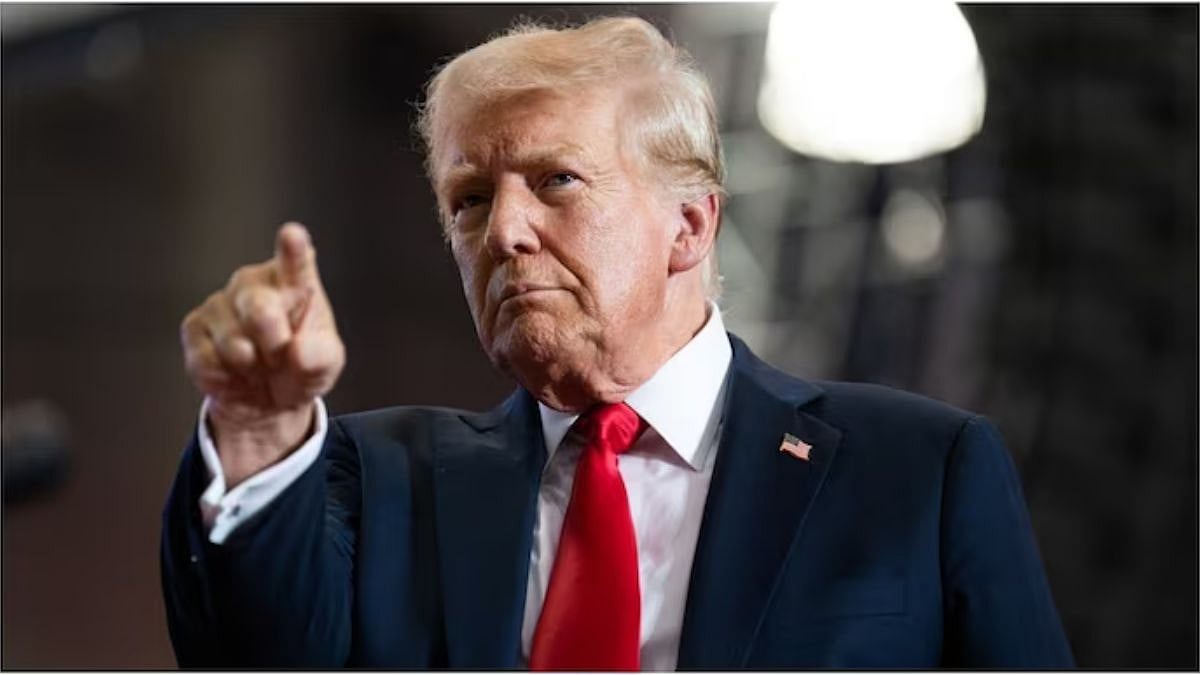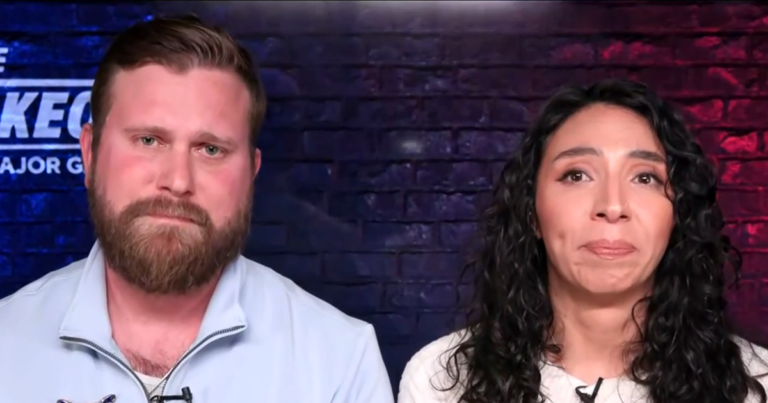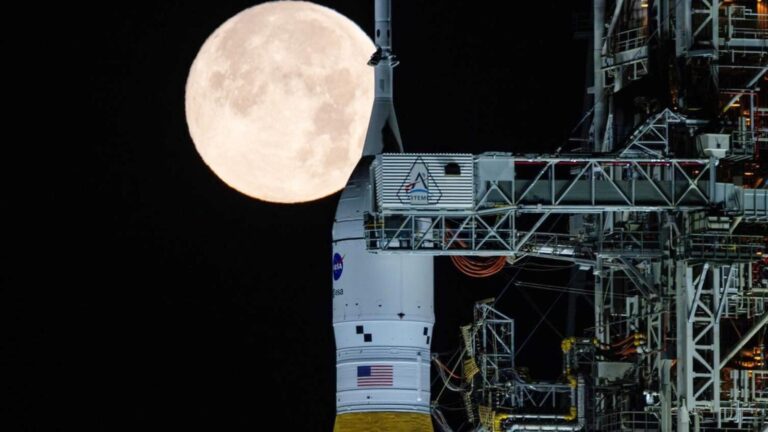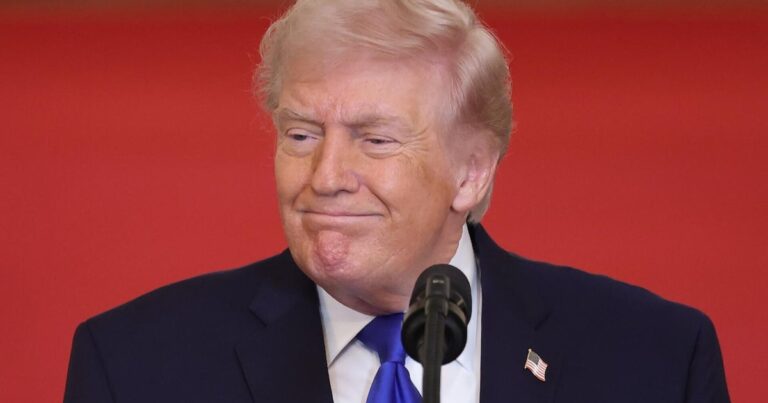
US President Donald Trump Signs Executive Order to Defend Qatar Following Israeli Attack
Dubai: US President Donald Trump has signed an executive order pledging to use all measures, including military action, to defend the energy-rich nation of Qatar. However, the exact weight and implications of this pledge remain unclear.
The text of the order, which was dated Monday and made available Wednesday on the White House’s website, appears to be an effort by Trump to reassure Qatar following Israel’s surprise attack on the country targeting Hamas leaders. This comes as Qatar considered accepting a ceasefire with Israel amid the ongoing war in the Gaza Strip.
The order highlights the “close cooperation” and “shared interest” between the United States and Qatar, vowing to “guarantee the security and territorial integrity of the state of Qatar against external attack.”
“The United States shall regard any armed attack on the territory, sovereignty or critical infrastructure of the state of Qatar as a threat to the peace and security of the United States,” the order states.
“In the event of such an attack, the United States shall take all lawful and appropriate measures—including diplomatic, economic, and, if necessary, military—to defend the interests of the United States and of the state of Qatar and to restore peace and stability.”
Order Follows Netanyahu’s Apology Call
The executive order was issued amid Israeli Prime Minister Benjamin Netanyahu’s visit to Washington on Monday. During the visit, Trump facilitated a phone call in which Netanyahu “expressed his deep regret” over the strike that killed six people, including a member of the Qatari security forces, the White House said.
Qatar’s Foreign Ministry described the US pledge as “an important step in strengthening the two countries’ close defence partnership.” Meanwhile, the Qatari-funded Al Jazeera news network declared: “New Trump executive order guarantees Qatar security after Israeli attack.”
Later on Wednesday, Trump also spoke by phone with Qatar’s ruling emir, Sheikh Tamim bin Hamad Al Thani, according to a White House official who requested anonymity. Although the White House did not disclose details of the call, Qatar confirmed they discussed Doha’s efforts to reach a ceasefire in the Israel-Hamas conflict.
Uncertainty Surrounding the Pledge
The true scope and legal binding nature of the US pledge remain in question. Typically, international agreements that are legally binding require US Senate approval. However, presidents have sometimes entered international arrangements without Senate consent, such as President Barack Obama’s 2015 Iran nuclear deal.
Furthermore, any decision to take military action rests ultimately with the sitting president. Similar uncertainties have previously surrounded US defence commitments in Trump’s second term, including those related to NATO’s Article 5 guarantees.
Background: Qatar and Regional Security Reassessments
Qatar is a peninsular nation in the Persian Gulf that has grown economically powerful due to its vast natural gas reserves. It has been a key US military partner, hosting the US Central Command’s forward operating base at Al Udeid Air Base.
In 2022, President Joe Biden designated Qatar as a major non-NATO ally, partly in recognition of its critical assistance during America’s withdrawal from Afghanistan. Qatar has also maintained close ties with Trump, including involvement in a Trump Organization real estate project and offering the president access to a Boeing 747 as Air Force One.
Following the Israeli attack on Qatar, Saudi Arabia signed a mutual defence agreement with Pakistan, placing the kingdom under Islamabad’s nuclear umbrella. It remains uncertain whether other Gulf Arab countries—concerned about both Israel and Iran amid renewed UN nuclear sanctions on Tehran—will pursue similar security arrangements with the United States, their longtime security guarantor.
“The Gulf’s centrality in the Middle East and its significance to the United States warrants specific US guarantees beyond President Donald J. Trump’s assurances of nonrepetition and dinner meetings,” wrote Bader al-Saif, a history professor at Kuwait University specializing in Gulf affairs.
Note: Except for the headline, this article has not been edited by FPJ’s editorial team and is auto-generated from an agency feed.




